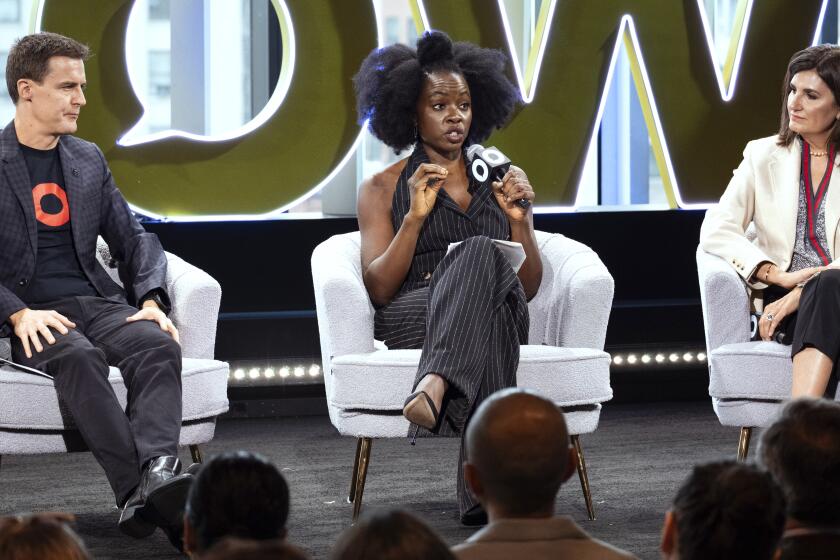Mastering the art of persuasion

“Try to see it my way.” – The Beatles
“What we’ve got here is failure to communicate.” – Cool Hand Luke
The problem we are considering today is the art of persuasion. “The ability to persuade, to change hearts and minds, is perhaps the single greatest skill that will give you a competitive edge in the knowledge economy,” says Harvard professor Carmine Gallo. Wow, them’s a mouthful.
The gamut of persuaders runs from entrepreneurs to politicians. All of them are “selling” something, and they want to persuade you to buy it. (One might consider the recent purchase of Ash Street).
The core issue is how to spin the story. Gallo tells us that Warren Buffett proudly only displays one diploma, the one he got from a Dale Carnegie course in public speaking.
Wharton professor G. Richard Shell says most of us think we can persuade with evidence, with facts. Fat chance. You quickly get reduced to “fake news.”
It was Aristotle who wrote “Rhetoric,” which includes some gems for how to win hearts and minds. I am going to amalgam the big A and both professors and share some thoughts.
In order to persuade, you need to exhibit authenticity. Your words need to be backed up by your actions. This is without question, in my mind, the absolute key to leadership that can — in turn — inspire followers, which is exactly the desired outcome of persuasion.
But you need to know who is important to persuade. This is classic. If you convince the janitor that your software is fabulous, so what? It is unlikely that he is
also the head of purchasing. Focus on relationships and the Venn diagram of power. Who has it?
Logic is nice. So is pasta primavera. You do not win with logic alone. Try to frame the problem for your audience by standing in their shoes. In a perfect outcome, the buyer convinces himself that your idea was his idea, and you’re damn right, that is a really good idea.
Aristotle says that people are moved to action by how a speaker makes them “feel,” and the best way to do that is with storytelling. To sharpen the point, make the story personal. TED talks have been analyzed. Sixty-five percent of each talk is a story by or about the speaker.
Practice fairness. I have written extensively on negotiation. The simple truth is you should always leave a few dollars on the table, knowingly, and by design. You never know when you will need to come back and ask to correct a mistaken signature or number.
Aristotle liked the use of metaphor. He says it allows you to turn an abstract idea into something concrete. Buffett again. He talks about how he looks for companies “surrounded by a moat.” That is what every venture capitalist looks for in the pitch deck. Why are you defensible when the Mongol hordes storm the ramparts?
Allow for an honorable debate. Most issues have at least three sides. While you may get the final vote, make sure that everyone is heard and considered and even appreciated. And when you give the ruling, it should come with a touch of compromise.
Brevity. Less is more. I have listened to a thousand speeches, amateurs and professionals. Mostly, they talk too long. Know when to get off the stage and shut up. Leave them laughing. Your car is double-parked.
Aristotle again. He says you should start with your strongest point, your best argument. By the time you get to point No. 12, your audience will be asleep.
In the final analysis, persuasion is usually predicated on building consensus. The tough one for persuasion experts is this — trying to get the other guy to act in his own best self-interests.
Why is it so difficult to convince someone that you are actually trying to make his/her life better? Telling them that what they are about to do is stupid, costly, irrational and will lead to misery — without making it sound like you are selling them a used car with a broken motor. That is a magic trick.
Be authentic. If the other guy thinks the water is contaminated, offer to drink it first.
A CEO can only act like a jerk for so long, until they “persuade” him to leave.
Rule No. 728: My way or the highway?
Senturia is a serial entrepreneur who invests in early stage technology companies. Please email ideas to Neil at neil@blackbirdv.com
Get U-T Business in your inbox on Mondays
Get ready for your week with the week’s top business stories from San Diego and California, in your inbox Monday mornings.
You may occasionally receive promotional content from the San Diego Union-Tribune.







